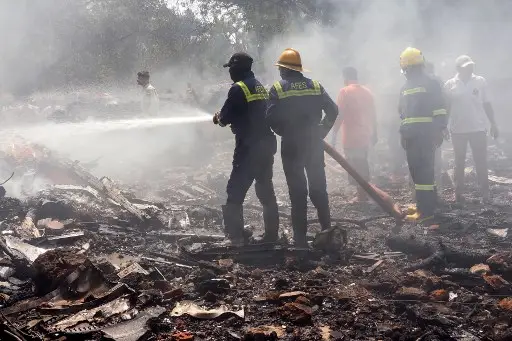NEW DELHI — 17 July 2025.
Air India says an accelerated, nose-to-tail inspection of every Boeing 787 it operates has turned up no problems with the fuel-control switch locks now under global scrutiny after last month’s fatal crash of Flight 171.
A 48-Hour Technical Blitz
Beginning late Friday, maintenance crews fanned out through hangars in Delhi, Mumbai, and Hyderabad, removing and bench-testing each 787’s throttle-control module—the console that houses a pair of guarded switches capable of starving the engines. Engineers confirmed the detents that keep the levers in RUN cannot be dislodged by vibration, inadvertent contact, or minor impact. Replacement modules installed during 2019 and 2023 heavy checks were also re-evaluated; none required adjustment or parts upgrade.
The carrier’s compliance dossier was transmitted to the Directorate General of Civil Aviation (DGCA) at dawn today, along with post-test video evidence and torque-specification data sheets. The regulator has acknowledged receipt and lifted its “priority audit” flag on the airline’s 27 Dreamliners.
Why the Sudden Spotlight?
On 12 June, Flight 171—a 787-8 bound for London—lost both engines moments after leaving Ahmedabad. Data retrieved from the wreckage showed the fuel switches set to CUTOFF seconds before power loss, igniting debate over whether the locking mechanism failed, was mis-handled, or suffered an electrical glitch. The disaster killed 260 people and prompted the DGCA to order immediate verification of the component across multiple Boeing families.
That Indian directive echoed a 2018 U.S. Federal Aviation Administration bulletin urging carriers worldwide to ensure inadvertent switch movement was impossible.
Ripple Effects Beyond India
Singapore Airlines, Scoot, Korean Air, and several Japanese carriers hurried through their own inspections over the past three weeks; all have reported normal results to their respective regulators. Meanwhile, safety agencies in Europe and Australia have requested status updates from operators under their jurisdiction, though no anomalies have surfaced.






